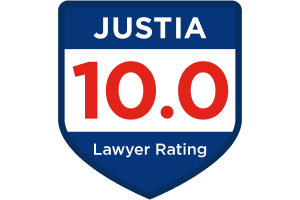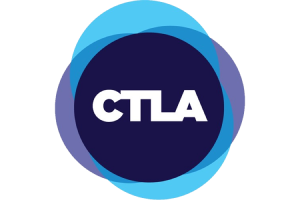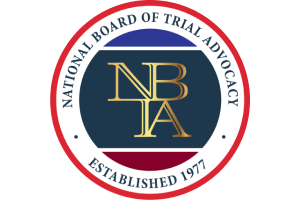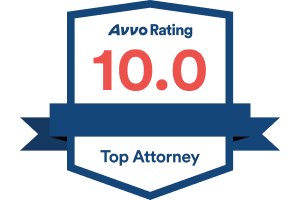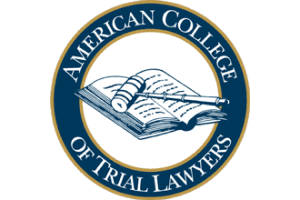Who Get Results
Truck Accidents
Extraordinary damage can be caused when a large truck crashes into a much smaller vehicle. The truck driver is frequently left unscathed while the occupants of the car can face life altering injuries. However, we know as Fairfield Trucking Accident Lawyers that it is not only the weight of the vehicles that causes the devastating injuries. It is also the shape of the vehicles. Trucks typically have a higher ground clearance resulting in the car going underneath the truck, subjecting the occupants of the car to harm.
The State of Connecticut recognizes the potential harm that trucks can cause and therefore trucking is heavily regulated. In Connecticut anyone operating a single vehicle with a gross vehicle weight rating of 26,001 or more pounds must have a commercial driver’s license (CDL). To obtain a CDL in Connecticut a person must be at least 18 years of age, meet certain physical requirements, and pass a knowledge and skills test. The knowledge test makes sure that drivers know how to inspect their vehicles for safety concerns before they take them on the road.
Time is of the essence after a truck accident. At Robinson Mahoney we have seen the protocols that trucking companies take after an accident involving one of their vehicles. As soon as the truck driver contacts the company, the wheels are set in motion to defend the claim which is why you need Fairfield County Trucking Accident Lawyers. The larger trucking companies have rapid response teams that will fly to the accident location as quickly as possible to prepare their defense. The victim needs to move with that same speed. Witnesses need to be identified. Records need to be secured. Computer data on the truck may need to be analyzed.
To be successful Fairfield Trucking Accident Lawyers, we know that we must identify sources of recovery for our clients in addition to the truck driver who caused the accident. Connecticut recognizes a legal doctrine called “respondeat superior”. That rule of law says that an employer is responsible for the actions of its employee if the actions are in the scope of the employment. So, not only is the driver responsible, so is the employer. But there may be others responsible as well. The owner of the truck may be different than the employer and may be responsible for the actions of the driver under an agency theory. Perhaps the person who loaded the truck did so in an unsafe fashion and may be responsible for the truck losing control. Or maybe a mechanic who repaired the truck did so negligently causing the truck to fail. We need to identify anyone who may be responsible for the injuries or death caused in the accident.
At Robinson Mahoney we identify as many ways as possible to hold the driver of the truck responsible. For example, was the truck overweight? Connecticut General Statutes Section 14-267a sets forth a formula for determining if the truck was overweight. Was the load on the truck not secured properly as required by Connecticut General Statute Section 14-271? Was the operator of the truck fatigued? Connecticut General Statutes Section 14-274 says that no person may operate a vehicle with a commercial registration if the driver has been on duty for more than twelve hours. After twelve hours, the driver must have eight hours off duty. Was the driver of the truck distracted because he or she was using their cell phone at the time?
Of course, it is important to also prove the injury portion of your case. We are Fairfield County Trucking Lawyers who work with your doctors as well as independent experts to demonstrate to the jury how the injuries from your trucking accident have changed your life so that we get you fully compensated. Frequently the injuries from a trucking accident last a lifetime.
Call us for a free consultation to discuss your trucking accident case.


